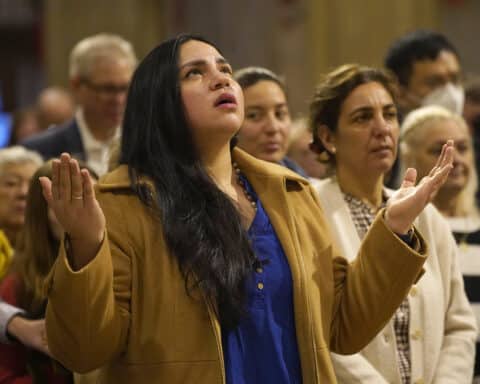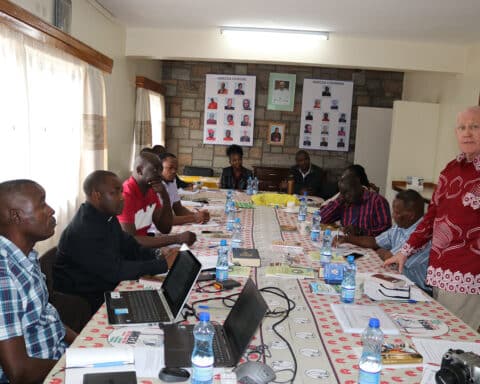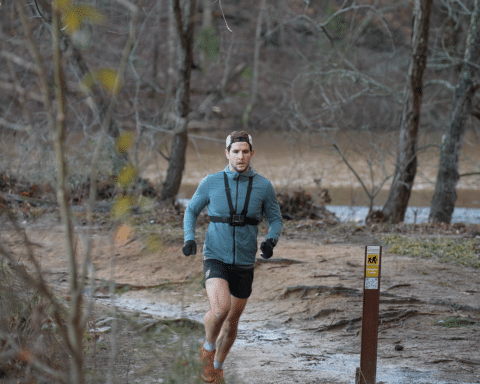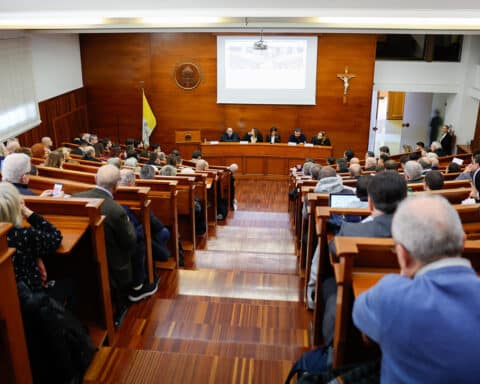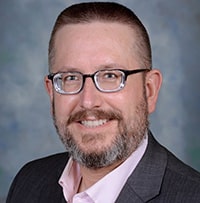
Is sex trafficking a horrific crime? Yes. Are many innocent children victims of sex abuse and sex trafficking? Yes. Shouldn’t we then listen to those who promote QAnon, because they acknowledge the reality of the sex trafficking of children? No, because the truth of sex trafficking is distorted by the advocates of QAnon to draw people who are legitimately concerned about child sexual abuse into a conspiracy theory that draws us away from the reality of the situation. Like the “QAnon Shaman” who invaded the U.S. Capitol on Jan. 6, the legions of QAnon devotees signing their posts on Facebook and Twitter with #SaveTheChildren aren’t actually doing anything to save the children, but they are undermining the real efforts of law enforcement and charitable organizations to do just that.
But isn’t that a reason to engage them? Shouldn’t we defend the whole truth against those who use half-truths to mislead? Doesn’t our commitment to the truth, and even charity toward others, require us to do so?
One danger, as I mentioned in my last column, is that, in our defense of the truth, we may be tempted to adopt the tactics of our opponents. A debate can quickly become a near occasion of sin. Worse yet, we may convince ourselves that if we acknowledge the truth in their half-truth, we will be more convincing when we attack the lie. In practice, though, those who advance half-truths often weave them into the fabric of the bigger lie in such a way that acknowledging the truth seems to lend legitimacy to the lie.
If you’ve ever listened long enough to a conspiracy theorist, you may well have heard him or her say words to this effect: “I didn’t want to believe this. In fact, I first started researching it because I wanted to prove it wasn’t true. But the more I learned, the more I realized that I was wrong.”
In my experience, most of those who make such claims aren’t really telling the truth. They never wanted to disprove the conspiracy theory; they always wanted it to be true. But I have known others — often very intelligent, and truly eager to debunk a conspiracy theory — who end up becoming convinced by it instead. The elements of truth drew them into the fabric of lies into which that truth was woven.
Lest you think that I’m counseling a sort of “Benedict option” for the truth — keeping it locked up behind closed lips, to preserve it for a generation yet to be born — let me make a radical suggestion: We should be less concerned with defending the truth than we are with proclaiming it. Every Christian is called to be an evangelist, to spread the Good News. Far fewer are called to be apologists. Apologetics requires great training. Evangelism requires only that we know the truth, and that we can testify to others that the truth has set us free.
The best way to counter the half-truths that permeate our culture is to proclaim the whole truth in all of its glory — and, as Catholics, we know that truth. The problem today is not that no one is defending the truth; it’s that fewer and fewer people are willing to proclaim the truth of Christ to a world in desperate need of it.
In the valley of the blind, the one-eyed man is king. In a culture where those who know the truth are afraid to proclaim it, the teller of half-truths is acclaimed a prophet. Or at least a shaman.
Scott P. Richert is publisher for OSV.


